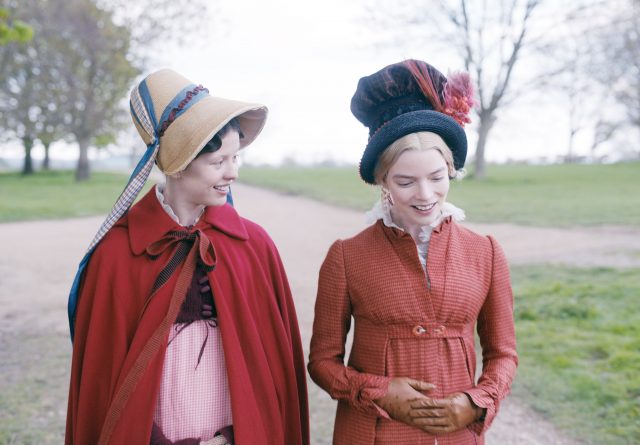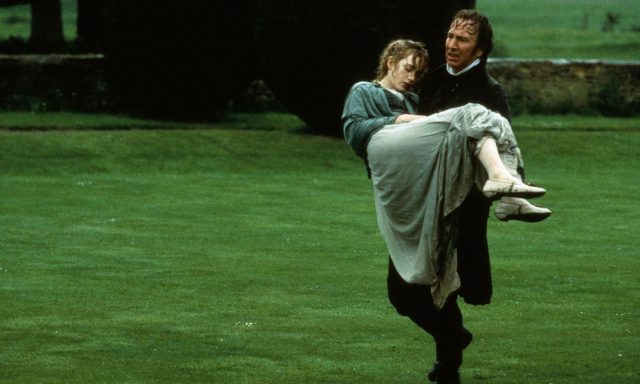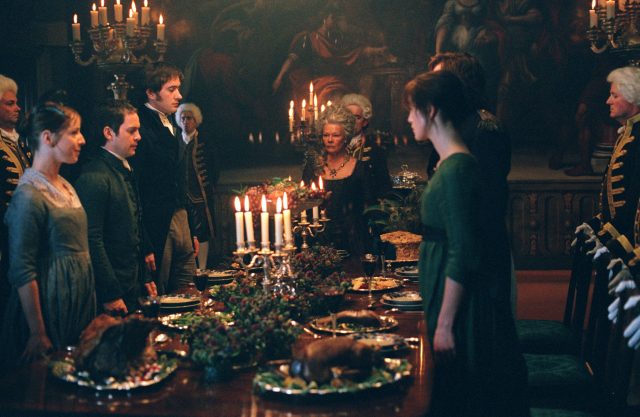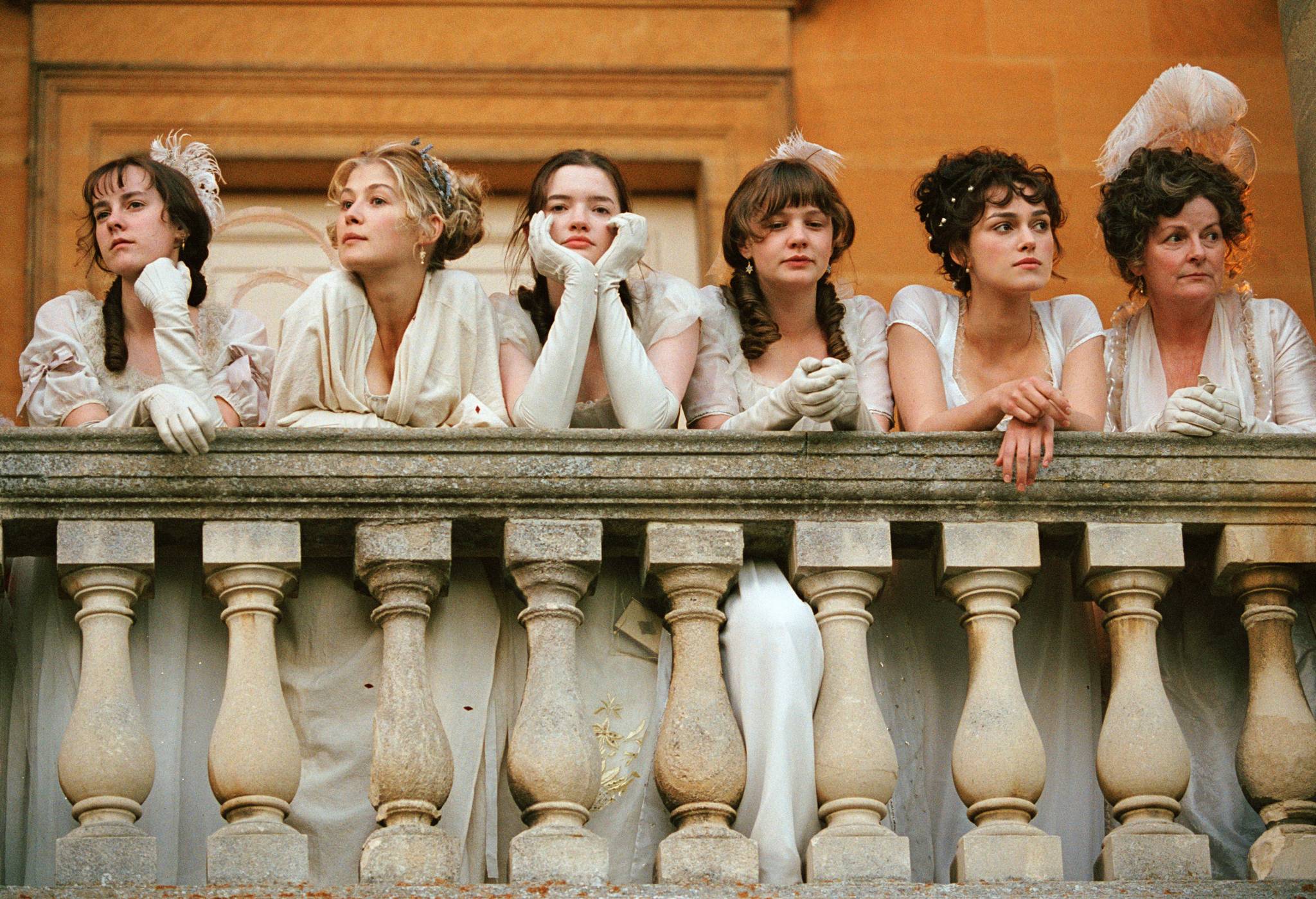During the Regency period (this is the period from 1811 to 1820. It got its name from the fact that England was ruled by a Prince Regent – Ed.), a young lady’s social position depended on her reputation, which could be ruined by such a situation. Something as simple as an inconvenient fall while exiting the crew. Therefore, utmost attention had to be paid to all aspects of etiquette to maintain the chances of a successful marriage. We are talking about the most important rules, which now even seem ridiculous.
feminine behavior

Women were advised to maintain an upright posture while sitting or standing. Slouching or leaning back was considered a sign of laziness. Decent ladies always behaved with polite dignity towards both acquaintances and strangers. They kept everyone at arm’s length who gave them too much familiarity. Vivid displays of emotion in public, including laughter, were unacceptable, as was anything ostentatious or ostentatious.
accompanying

Unmarried young women were never alone with a gentleman, except with their families and close family friends. Such a lady also needed a companion to attend any social event. Except for an early morning walk to church or the park, the lady could not walk on her own.
Fainting

Fainting was considered an appropriate and understandable response for a lady when confronted with obscene language or bad behavior. It was even to the ladies’ advantage to help the gentlemen lie down on the sofa, and then put a small jar of steam under their nose to keep them sane.
But in reality, the Regent women were not so hypersensitive and thin-skinned. Most of the time they had good reason to feel weak. Tight corsets made breathing difficult and, understandably, could also cause dizziness and fainting.
Speeches

Acceptable topics were extremely limited and the list of inappropriate topics was almost endless. New acquaintances were not asked direct personal questions. Remarks about details of another person’s clothing, or even compliments, can also be seen as flippant. Respectable ladies were expected to be shocked by anything nasty, sexual or incriminating being said. Ladies were not supposed to blow their noses in public.
To touch

Not surprisingly, all touching between members of the opposite sex is kept to a minimum. A gentleman can throw a shawl around a lady’s shoulders, help her mount a horse or carriage, and support her by holding her arm while walking. However, shaking hands was considered less polite.
Dance

A lady could not dance with a gentleman to whom she had not been introduced. The young woman did not dance with the same man more than twice, otherwise her reputation would be at risk. Even the two dances signaled to observers that the gentleman in question had a special interest in her. The day after the ball, the gentleman usually visits his main partner, so a young lady who dances two sets with the same gentleman can rightfully expect to continue her acquaintance.
table manners

In the dining room, the hostess sat at the head of the table and the host sat at the end of the table. Each gentleman had to serve himself and his neighbors from whatever food he could get his hands on. If food was requested from another part of the table, a servant would be sent to bring it. It was bad manners to ask your neighbor to pass the meal. It was equally bad for the ladies to help themselves. The gentlemen also poured wine to the lady sitting next to them.
Eating too quickly or too slowly was considered impolite, as was a woman eating or drinking too much. He should not eat soup with his nose buried in the plate, nor should he put food into his mouth with a knife. His napkin should have been on his lap, not tucked into his collar like gentlemen do. One should not scratch any part of his body, should not spit, should not rest his elbows on the table, should not sit too far away from the table, should not pick his teeth before the dishes are collected, and should not leave the table before prayers are read.
Source: People Talk
Errol Villanueva is an author and lifestyle journalist who writes for The Fashion Vibes. With a passion for exploring the latest trends in fashion, food, travel, and wellness, Errol’s articles are a must-read for anyone interested in living a stylish and fulfilling life.





